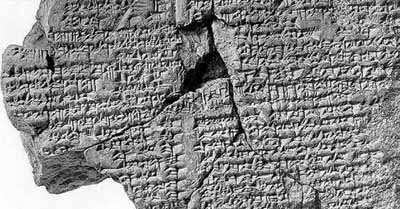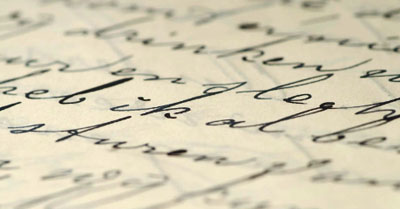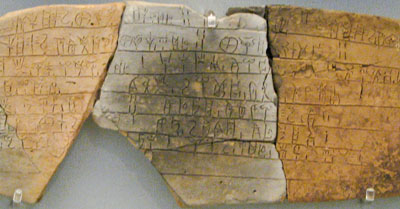Distorted Views of Reading
Perhaps how most of us have learned to read cause us to hold distorted views of what reading is all about. Unfortunately, many of us associate reading with being able to answer comprehension questions about a passage or passing a reading test to assess how well we read.
It is almost as though we see reading as solving a puzzle.
When we take a reading test, we often worry about “trick questions.” After all, we learn to focus on specific elements in the text to answer different types of questions. We do not trust our ability to read unless we can come up with “the right answer.”
Video Activity
Watch True purpose of reading and writing and take good study notes.
Note. The video supports the content on this page. You can study the page and watch the video in any order.
We also read out of “social obligation.” We learn that to be “educated and smart” we must be readers. At the same time, we think of reading as “reading literary texts” such as poetry, short stories, and novels. We end up reading the latest book because that is what everyone must read to keep up and to be part of an educated society. (See What counts as reading?)
Many language learners are told that “reading is the best way to improve your vocabulary.” Many of them end up focusing more on unfamiliar words than anything else. They end up becoming obsessed with words they do not understand in the text rather than focusing on understanding the content itself. (See 7 Tips for Learning Vocabulary.)
Is that what reading is all about?
The True Purpose of Reading and Writing
Why We Write
Before we can discuss the true purpose of reading, let’s think about writing.
Writing was developed a long time ago to record ideas. We had ideas or concepts in our heads that we wanted to share with others. We could simply tell people, but that was not very effective. We could only reach a small number of people at a time, and spoken words were not recorded. However, as we developed writing systems, we could put our ideas down, and they would be around even after we died.
Writing makes it possible to record information
Around 3300 BCE, someone encoded the information recorded on the tablet in this photo. That is the beauty of writing; information can be recorded for a long time. The photo shows an ancient tablet from 3300 BCE written in a very old form of writing called “cuneiform script.”
When you read something someone wrote a long time ago, you have access to information that was once in someone else’s head!

Cuneiform tablet from 3300 BCE (Creative Commons)
Why We Read (or Why We Should Read)
Writers do not write so you have something to talk about at your next dinner party. They do not write for you to learn vocabulary. They do not expect you to use their texts to take a reading test.
Writers write because they have ideas that they want to share with you.

Pixabay | Pexels
Writers encode information into writing. Readers (should) read to decode that information. In other words, as readers, we should focus on understanding whatever the writer intended us to understand. We should focus on understanding the content.
If you need to read to learn the content and take a test, you should still focus on understanding what the writer has to say about the topic. When you do that, you will be able to answer questions and much more! Reading to learn means you learn about the world, ask questions, have your own thoughts about the content, write your own ideas so others can read them, and so on.
Learning vocabulary through reading is incidental. When we read to learn the content, we end up learning vocabulary through exposure to new words used in context. Good writers choose words carefully to make sure their ideas are communicated clearly. They do not write to teach you new words in English.
What kind of reader are you?
Ask yourself why you have been reading.
- Do you read only what has been assigned to you?
- Do you read to impress other people or because you are interested in the topic?
- Do you read a variety of materials?
- Do you engage with the text by asking questions, taking notes, or relating the information to other texts?

Ancient tablets (1450 BCE) | Sharon Mollerus | Wikipedia
Photo shows a very old tablet with ancient writing in Mycenaean Greek.
Remember: Writers write to encode ideas and concepts so others can learn about them. Readers read (or should read) to decode the text to learn those ideas and concepts.
Congratulations! You’ve completed the material.

Thanks to our supporters!
This material has been made possible by supporters like you. Learn how you can support us.

“What should I learn next?”
Use the navigation buttons to choose another skill or another lesson in this skill.
Thank you for Supporting Snap Language
Snap Language supporters make the creation of these materials possible.
Learn how you can support our work, get perks, and help us continue creating high-quality materials.
You can support us by simply white-listing this site.